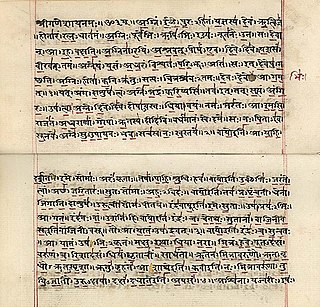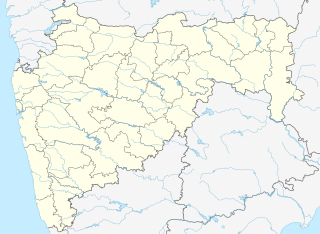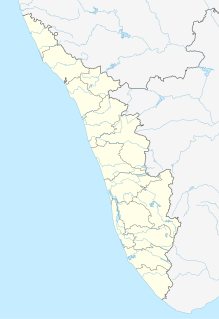It has been requested that the title of this article be changed to Bharatiya Vidya Bhavan . Please see the relevant discussion on the discussion page. Do not move the page until the discussion has reached consensus for the change and is closed. |
This article has multiple issues. Please help improve it or discuss these issues on the talk page . (Learn how and when to remove these template messages) (Learn how and when to remove this template message)
|
 Bharatiya Vidya Bhavan logo | |
| Motto | Let noble thoughts come to us from every side – Rigveda, 1-89-i |
|---|---|
| Type | Private |
| Established | November 7, 1938 |
| Location | Jaipur,Mumbai, India |
| Website | http://www.bhavans.info |
Bharatiya Vidya Bhavan is an Indian educational trust. It was founded on November 7, 1938 by Dr. K. M. Munshi, with the support of Mahatma Gandhi. [1] The trust programmes through its 119 centres in India, 7 centres abroad and 367 constituent institutions, [2] cover "all aspects of life from the cradle to the grave and beyond – it fills a growing vacuum in modern life", as Pandit Jawaharlal Nehru observed when he first visited the Bharatiya Vidya Bhavan in 1950. [3]

India, also known as the Republic of India, is a country in South Asia. It is the seventh largest country by area and with more than 1.3 billion people, it is the second most populous country as well as the most populous democracy in the world. Bounded by the Indian Ocean on the south, the Arabian Sea on the southwest, and the Bay of Bengal on the southeast, it shares land borders with Pakistan to the west; China, Nepal, and Bhutan to the northeast; and Bangladesh and Myanmar to the east. In the Indian Ocean, India is in the vicinity of Sri Lanka and the Maldives, while its Andaman and Nicobar Islands share a maritime border with Thailand and Indonesia.

Mohandas Karamchand Gandhi was an Indian activist who was the leader of the Indian independence movement against British colonial rule. Employing nonviolent civil disobedience, Gandhi led India to independence and inspired movements for civil rights and freedom across the world. The honorific Mahātmā was applied to him first in 1914 in South Africa – is now used worldwide. In India, he was also called Bapu, a term that he preferred and Gandhi ji, and is known as the Father of the Nation.

Pt. Jawaharlal Nehru was a freedom fighter, the first Prime Minister of India and a central figure in Indian politics before and after independence. He emerged as an eminent leader of the Indian independence movement under the tutelage of Mahatma Gandhi and served India as Prime Minister from its establishment as an independent nation in 1947 until his death in 1964. He is considered to be the architect of the modern Indian nation-state: a sovereign, socialist, secular, and democratic republic. He was also known as Pandit Nehru due to his roots with the Kashmiri Pandit community while Indian children knew him as Chacha Nehru.








